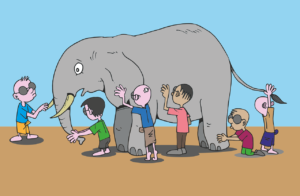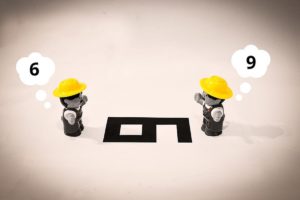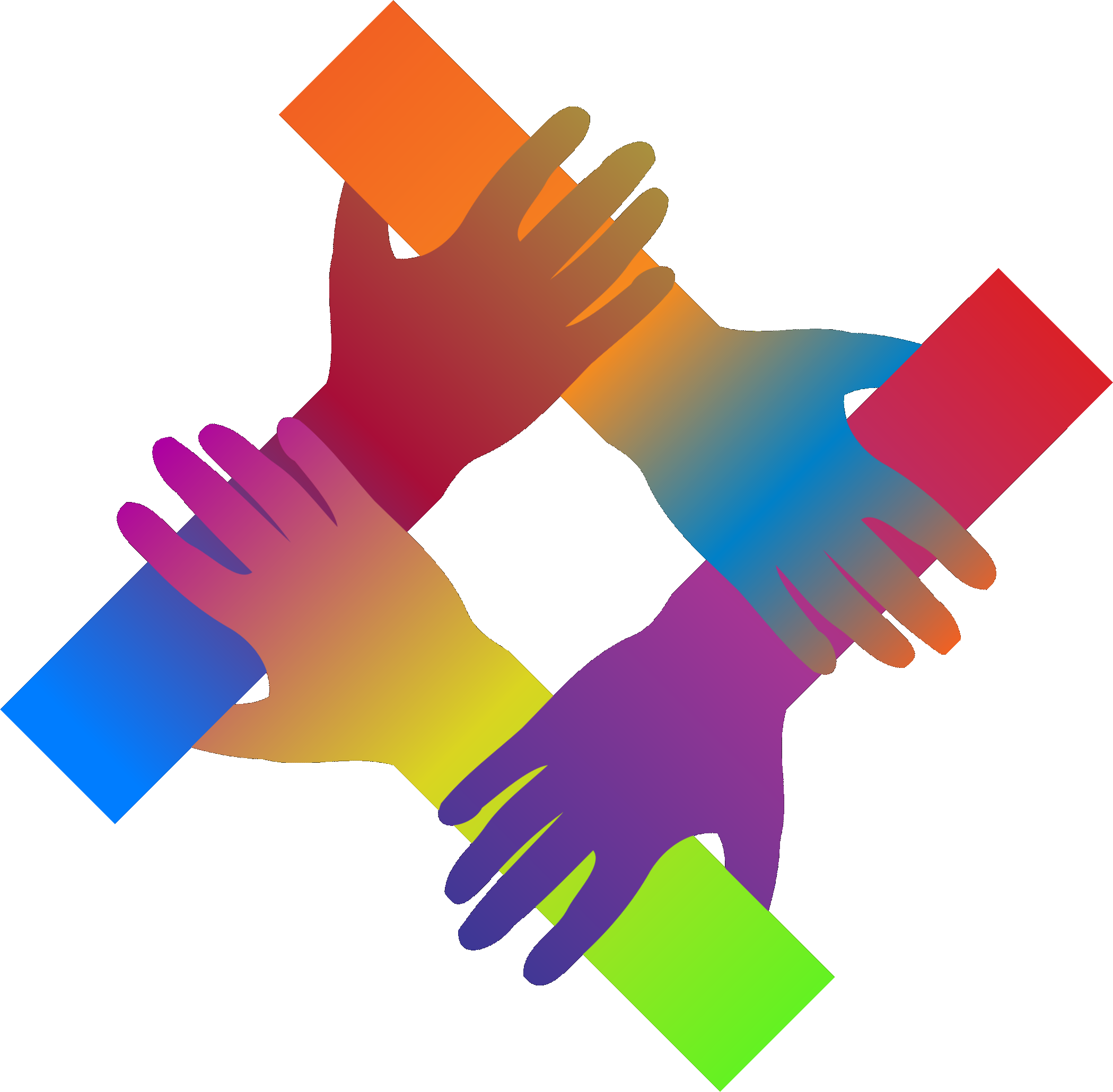Uniteas.one is a place to explore the deeper questions of life. It is a meeting place of science, logic, spirituality, faith, and history. It is a place to nurture the human spirit and help us make sense of the lives we live.
It is intended as a virtual community for people to feel affirmed and respected. Yes, it is a place to challenge assumptions and understandings but these challenges should be directed at the ideas, thoughts and beliefs we hold and not the people we are. Contents can best be categorized as an eclectic mix of thoughts, ideas, and ideas. Topics range from the spiritual to the sublime, from social justice to the very future and existence of our planet, from community development to personal and social ethics.
The goal is to provide a catalyst for personal discussion, community, sharing, and both synergy and energy to empower growth and reflection in our personal lives.
Everyone is welcome to lurk, but if you think this might be the virtual community for you, join us as a member.
Want to learn more first? read on…
The Parable of the Blind Men and the Elephant
 Maybe you’ve heard this parable, but if not, there is an ancient moral story that originated in India:
Maybe you’ve heard this parable, but if not, there is an ancient moral story that originated in India:
A group of blind men heard that a strange animal, called an elephant, had been brought to the town, but none of them were aware of its shape and form. Out of curiosity, they said: “We must inspect and know it by touch, of which we are capable”. So, they sought it out, and when they found it they groped about it. The first person, whose hand landed on the trunk, said, “This being is like a thick snake”. For another one whose hand reached its ear, it seemed like a kind of fan. As for another person, whose hand was upon its leg, said, the elephant is a pillar like a tree-trunk. The blind man who placed his hand upon its side said the elephant, “is a wall”. Another who felt its tail, described it as a rope. The last felt its tusk, stating the elephant is that which is hard, smooth and like a spear. (Wikipedia)
The story is included in Hindu, Jain, and Buddhist texts. In all the stories, a disagreement ensues between the men.
Some variations of this story have the men coming to blows over their disagreements. Does this sound familiar? (Of course a great story teller should be provide a memorable and hilarious rendering of a physical fight between three blind men).
In other variations, the men eventually reconcile and realize that their limited perspectives and contexts should not be a barrier to their learning from each other.
Our Human Condition
Like the blind men, our understanding of our physical world and metaphysics is limited. We only know what we see and we can’t see everything. What we can see we usually interpret from a particular frame of reference–a particular viewpoint.
These viewpoints are important for us. They help keep us safe by giving us a set of rules to help us make decisions quickly. They make us feel comfortable in our environments. They allow to relate to and share experiences with our circle of family and friends.
But they also limit our abilities to see and appreciate other peoples’ viewpoints.

Sometimes this provides comedic plots for jokes, stories, and television sit-coms. Sometimes it’s much more serious.
For example, in North America, black people, people of colour, and indigenous people have a very different viewpoint of police, the justice system, and the school system than do people from a white, European or Caucasian background. Men and women often differ on voting preferences and what they see as important campaign issues. Rich and poor people differ on their views regarding taxes, economic issues, social welfare, and public health care.
Many people approach these issues from the viewpoint that they are right and anyone who feels different is wrong. But in reality, these differences are mostly due to our human limitations in understanding each other’s values, viewpoints, and aspirations.
The heart of our human condition is that in some way we are all blind people trying to describe an elephant.
A Quest for Human Community
Our world and all its peoples are increasingly interconnected and interdependent. The simple rules of thumb handed down by our parents and elders, our faith traditions, our peer groups, and social circles no longer serves us so well.
Our limited understanding of our world and each other is a leading cause of violence, social injustice, inequity, environmental degradation, hunger, homelessness, chronic disease, fear and anxiety.
The only solution is to grow our understanding and awareness. This involves “seeing” the parts of the elephant that we never paid attention to before. We can do this by:
- Stop talking so much to our own groups, and start listening to others.
- Embrace knowledge, perspectives, facts, and stories even if they make us uncomfortable.
- Celebrate our own traditions and backgrounds but not remain rooted in them.
- See through our own stories as an interpretation of facts and not the facts themselves.
The Issue of Spirituality and Science
- The world of observation, correlation, and fact. We generally refer to this as “empirical” or experiential knowledge and it is generally labelled as “Scientific Knowledge.”
- Metaphysics refers to “a type of philosophy or study that uses broad concepts to help define reality and our understanding of it.” It isn’t based on our experience of reality, but rather our construction of how to interpret the world and give it meaning. Spirituality and religions overlap with the metaphysical in that very little of what anyone calls “Spiritual Truth” or a divine experience is self-evident to most everyone else on this planet.
Science and spirituality each have a place in human existence. We sometimes run into trouble when we expect one or the other to supply us with more than they are meant to. Some people ask religion to provide knowledge that is is not prepared for; they end up with literalism, fundamentalism, and rigidity. Some expect science to answer questions of meaning; instead they find emptyness, loneliness, or Social Darwinism.
The universe in which we live is too large–and our human brains and capacity to describe its vast richness is too small–we have to strike a balance. The great faith traditions of the world never intended for their writings to be the sum total of all truth. And science was never concerned with existential questions.
Martin Luther once quipped, “Whatever your heart clings to and confides in, that is really your God.”1 I’ve always interpreted this to mean that facts are not sufficient to give us a meaningful existence.
We need a way to organize our lives and give it meaning and purpose. Knowing that the our part of the Earth has completed one rotation might be enough to get us up tomorrow morning. But we need a goal or drive to keep getting up every morning and setting out to do what we do with that day.
I’m going to suggest that scientific knowledge involves us asking the questions “what is…” or “how is…” Spiritual knowledge involves us asking “why is…”
1 Martin Luther, 1528, The Large Catechism of Dr. Martin Luther. (reprinted in: Tappert, T.G., (ed.). 1959. The Book of Concord. Philadelphia: Fortress Press. p. 365.
Building Community
At this point, you’re probably thinking one of 2 things:
- “This is cool. I’d love to relate to a community where people aren’t bound to some rigid or dogmatic code of beliefs before they accept and love each other.” or
- “The [insert the name of your traditional scripture source here: Torah, Bible, Quran, etc.] requires that a person [insert doctrinal requirements here: they must believe, do, say X]. Unless a person follows the rules of my faith, as taught to me by my [insert label for religious authority here: priest/pastor/rabbi/mullah], they’re not my equal. I might still care for them as people, but we’re not siblings in faith.”
If you’re in the second group, we need to talk a bit more about the faith heritage we inherited, and how we can look at it with fresh vision. That’s a process called Hermeneutics. If this is a new or unfamiliar concept for you, then click the link below to visit our Hermeneutic primer to get started. If after this, you’re still not convinced of the equality of all people–whether or not they have faith and whether or not they adhere to your faith–then fair enough.
So:
With an understanding of our human limits, an appreciation of the complexity of our world and our societies, and an eagerness to grow in our self-awareness and concern for one another, I invite you to join us in broadening our truths, finding richness in our reality, and finding nourishment for your own spirit.
Interested in Joining our Community?
Read our members covenant and if you agree with it, fill out a registration form.
